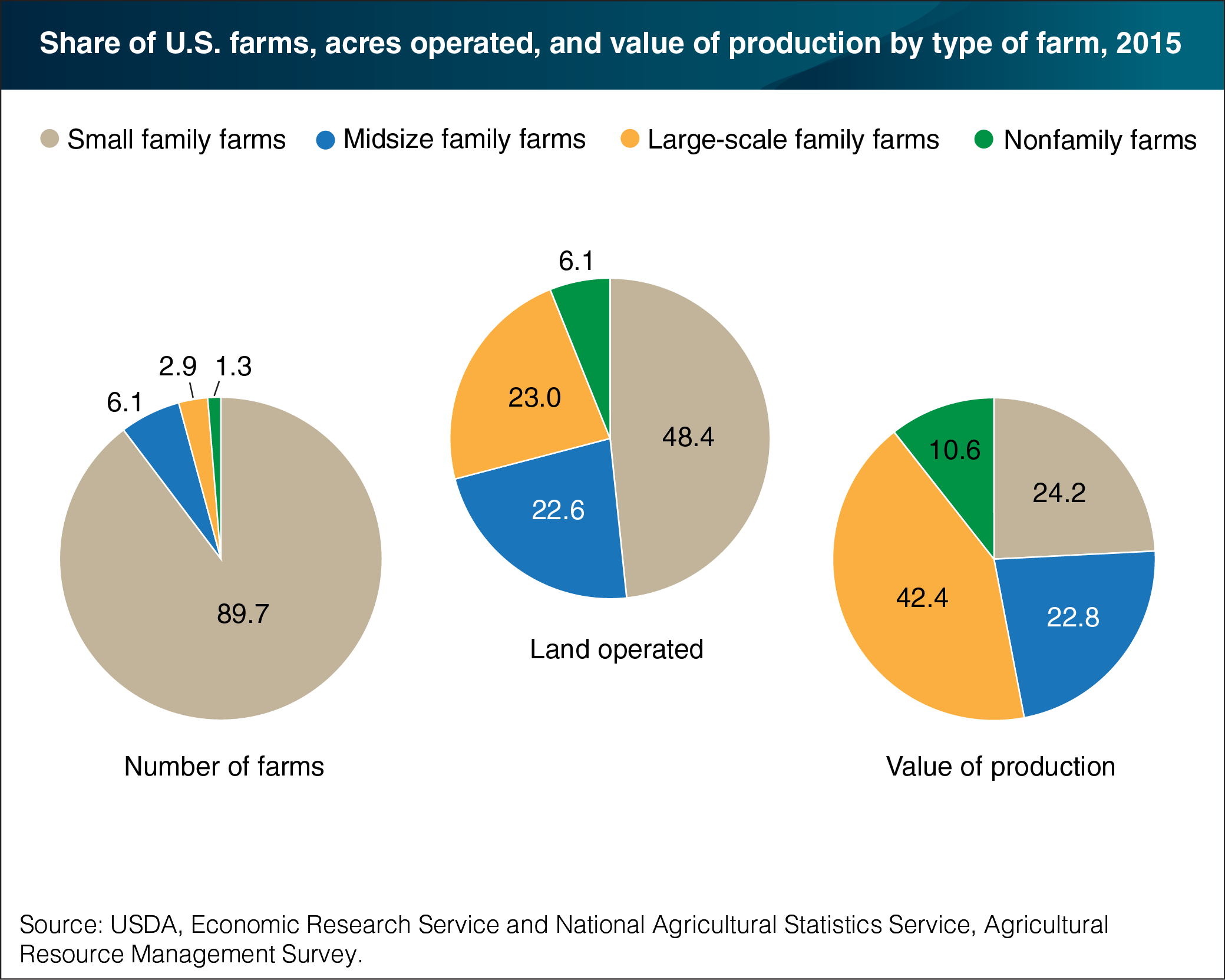My title tries to be provocative, but here's the rationale:
Think of U.S. society as a giant amoeba-like monster, operating in a world of other smaller amoebas. Occasionally it feeds by absorbing an amoeba. Once it was the Irish, then the Germans, then the Jews, then the Poles, etc. etc. Viewed from history, it's a process which does these things:
- ensures the "white" majority stays in the majority.
- gives a minority a chance to become (part of) the majority. Adopt cultural patterns and don't insist too hard on drawing boundaries and you're in. Look at Jared and Ivanka Kushner.
- leaves a segment of the minority to become the minority. ("Jews" today means something different than it did 70 years ago, as do all the ethnic/racial/religious lines we draw.)
